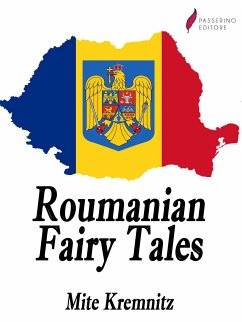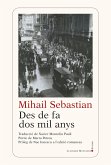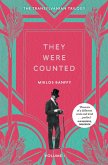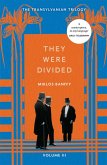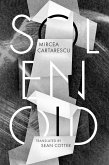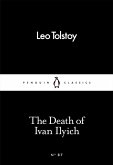Strong folk traditions have survived to this day due to the rural character of the Romanian communities, which has resulted in an exceptionally vital and creative traditional culture. Romania's rich folk traditions have been nourished by many sources, some of which predate the Roman occupation. Traditional folk arts include wood carving, ceramics, weaving and embroidery of costumes, household decorations, dance, and richly varied folk music. Ethnographers have tried to collect in the last two centuries as many elements as possible: the Museum of the Romanian Peasant and the Romanian Academy are currently the main institutions which systematically organise the data and continue the research. Wood used to be the main construction material, and heavily ornamented wooden objects were common in old houses. In Maramure¿, wood was used to create impressive structures such as churches or gates; in Dobruja, windmills were made of wood, and in mountainous regions hardwood was used even for covering the roof. To preserve traditional houses, many village museums have been created in the last century throughout Romania, such as the Village Museum in Bucharest, the Traditional Popular Civilisation ASTRA Museum in Sibiu or the Oltenian Village Museum in Râmnicu Vâlcea.
Dieser Download kann aus rechtlichen Gründen nur mit Rechnungsadresse in A, B, BG, CY, CZ, D, DK, EW, E, FIN, F, GR, HR, H, IRL, I, LT, L, LR, M, NL, PL, P, R, S, SLO, SK ausgeliefert werden.

